President-elect Donald Trump said he would “most likely” extend the deadline for ByteDance, the Chinese owner of TikTok, to divest the video app which faces a nationwide ban that is set to come into effect on Sunday.
In an interview with NBC News, Trump said he was considering issuing a 90-day extension to the deadline. His comments come one day after TikTok warned that its 170mn users would face an imminent blackout after the Supreme Court on Friday upheld the divest-or-ban law that Congress passed last year to address China-related national security concerns.
“The 90-day extension is something that will be most likely done, because it’s appropriate,” Trump said. “We have to look at it carefully. It’s a very big situation . . . If I decide to do that, I’ll probably announce it on Monday.”
On Friday, Trump said he had spoken to President Xi Jinping and discussed TikTok with the Chinese leader. Chinese state media said the two leaders had spoken but did not specify if TikTok was part of the conversation.
The Biden administration on Friday said it would leave decisions about enforcement of the law, which comes into effect at midnight on Saturday eastern time, to the incoming Trump administration.
That means the companies that provide the video platform — including Apple, Google and Oracle — have to decide whether to risk violating the law between the midnight deadline and Trump’s inauguration on Monday.
Apple and Oracle declined to comment, while Google did not immediately respond.
TikTok said statements from the Biden administration “failed to provide the necessary clarity and assurance to the service providers that are integral to maintaining TikTok’s availability to over 170 million Americans”.
It also warned that the video app would “go dark” on January 19 unless the Biden administration “immediately provides a definitive statement to satisfy the most critical service providers assuring non-enforcement”.
In an overwhelming bipartisan vote last March, Congress passed a law that required ByteDance to divest TikTok to avoid a nationwide ban on the app.
Lawmakers and US security officials believe that Chinese ownership of the app poses a national security risk because it could be used for espionage and disinformation by the Chinese Communist party. TikTok has denied that the Chinese government has any influence over the app.
In his first term, Trump issued an executive order to block TikTok from operating in the US, but it was stymied by the courts at the last minute. In early 2024, he came out in opposition to the congressional divest-or-ban measure on the grounds that it would help Facebook, which banned him from its social media platform for two years.
Trump has appointed several China hawks who oppose Chinese ownership of TikTok to his administration, including Mike Waltz, a former green beret and Florida congressman, who will serve as national security adviser.
Earlier this week, Waltz said the incoming administration would put “measures in place to keep TikTok from going dark”, saying the legislation allowed for an extension as long as a “viable deal” was on the table.
Following the TikTok statement on Friday, Rush Doshi, a former senior Biden administration China official, wrote on X that the company only had itself to blame.
“TikTok had 268 days to sell itself so it wasn’t operated by China. That would have solved everything. But they didn’t even try. China wouldn’t let them,” Doshi said.
“Now, with time short, they want Biden to ignore a bipartisan law SCOTUS (Supreme Court of the US) upheld 9-0. If they shut down, it’s on them.”
Additional reporting by Hannah Murphy and Michael Acton


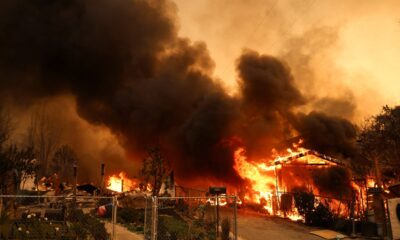

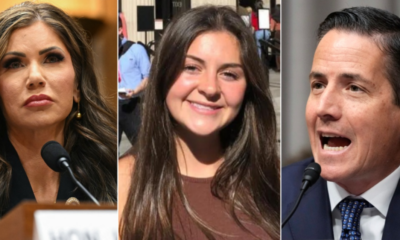

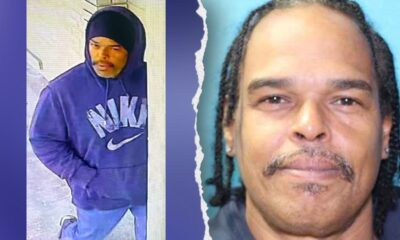

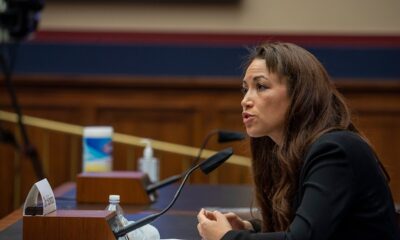

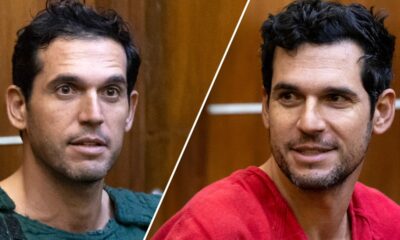










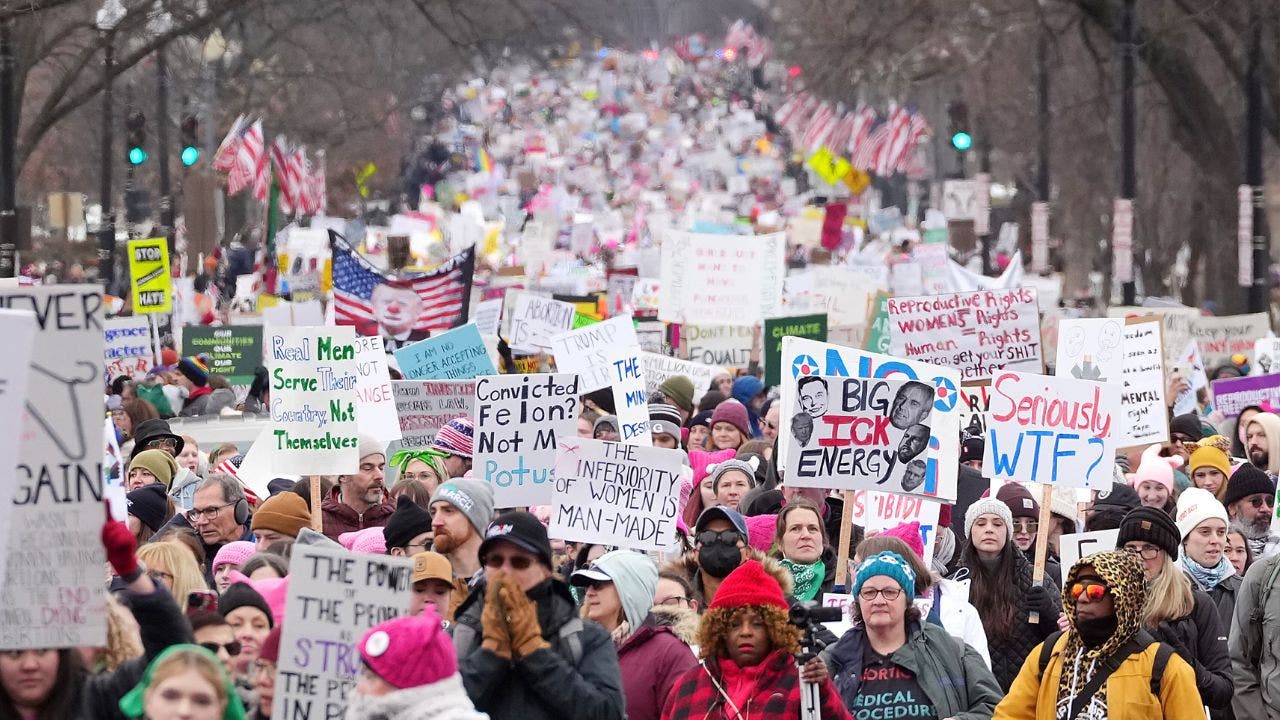


/cdn.vox-cdn.com/uploads/chorus_asset/file/25822586/STK169_ZUCKERBERG_MAGA_STKS491_CVIRGINIA_A.jpg)

/cdn.vox-cdn.com/uploads/chorus_asset/file/23935558/acastro_STK103__01.jpg)

/cdn.vox-cdn.com/uploads/chorus_asset/file/25826211/lorealcellbioprint.jpg)
/cdn.vox-cdn.com/uploads/chorus_asset/file/25832751/2192581677.jpg)

/cdn.vox-cdn.com/uploads/chorus_asset/file/25835602/Switch_DonkeyKongCountryReturnsHD_scrn_19.png)